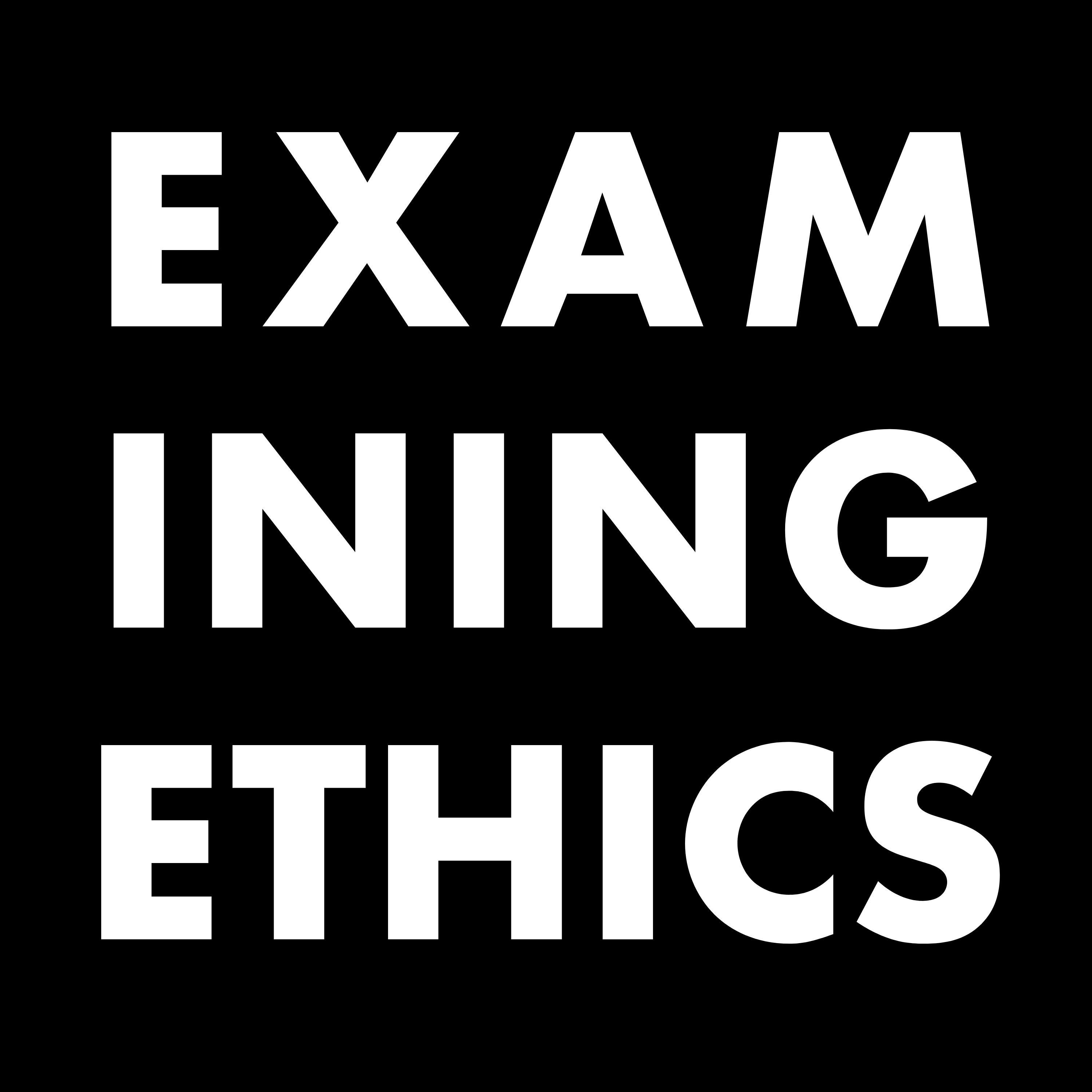The cognitive scientist Jim Davies argues that it's possible to figure out how to do the most good for the most people and shares his insights on giving.
Scott Hershovitz joins the show to discuss his work on the questions his kids raise about philosophy and ethics.
On this episode of the Examining Ethics podcast, we explore disability and ethics with Georgetown University scholar Joel Reynolds.
Explore African American philosophy with Stephen Ferguson II and John McClendon III on this episode of the Examining Ethics podcast.
Philosopher Megan Fritts is on the show today to argue that the patterns we may see in the news aren’t actually all that meaningful.
Kyle Fruh and Marcus Hedahl argue that island nations around the world are currently in an unjust war, not with other nations, but with climate change.
Philosopher Olúfẹ́mi Táíwò joins the podcast to discuss the idea that racial justice cannot happen without climate justice.
Regina Rini joins us today to discuss why we might be disturbed when we learn about the role that psychology plays in our moral decision-making.
The philosopher Benjamin Lipscomb joins the show to discuss the unique friendship and work of four women who changed the face of moral philosophy.
Before Jana Mohr Lone was a philosopher, she was a lawyer who worked with children. Now she uses philosophy to empower young people.
On today’s episode of Examining Ethics, the philosopher C. Thi Nguyen explores the relationship of trust we form with the technology we use.
Games designer Kat Schrier joins the show to explain that ethics educators can use games to build deeply immersive and rewarding learning experiences.
C. Thi Nguyen argues that while transparency might root out public corruption, it also has a sort of chilling effect on the work itself.
Philanthropy expert Shariq Ahmed Siddiqui joins us on the show today to explain that the ethics of giving is a lot more complicated than we think.
Philosopher Alison Bailey is on the show to discuss what she calls "the weight of whiteness" and the reasons white people need to sit with and explore it.
Candice Delmas explains that the very reasons that we have to follow the law in society can also mean we should to break the law in unjust societies.
Sheron Fraser-Burgess explains how educators can take principles from deliberative democracy and apply them to a classroom setting to discuss ethics.
Our guest today, professor of law Ekow Yankah, argues that police power is often deployed in a misguided attempt to solve deep economic and social problems.
The Pacific Crest Trail is fertile ground for reflecting on philosophical puzzles and questions about nature and ethics for our guest Martin Bunzl.
Allison Wolf explains how feminism, and its focus on oppression, can shed light on the problem of justice and immigration ethics.
Philosopher Noami Zack argues that identity politics has no place in the government and offers an alternative vision for the future of America.
The philosopher and political scientist Candice Delmas is on the show to help us understand civil disobedience, and its potential value to society.






